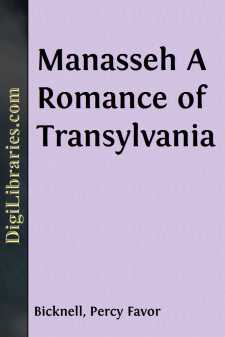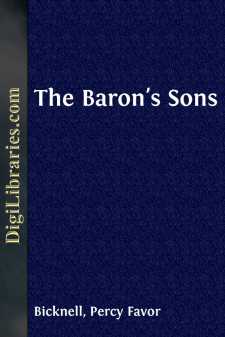Categories
- Antiques & Collectibles 13
- Architecture 36
- Art 48
- Bibles 22
- Biography & Autobiography 814
- Body, Mind & Spirit 145
- Business & Economics 28
- Children's Books 17
- Children's Fiction 14
- Computers 4
- Cooking 94
- Crafts & Hobbies 4
- Drama 346
- Education 56
- Family & Relationships 59
- Fiction 11833
- Foreign Language Study 3
- Games 19
- Gardening 17
- Health & Fitness 34
- History 1378
- House & Home 1
- Humor 147
- Juvenile Fiction 1873
- Juvenile Nonfiction 202
- Language Arts & Disciplines 89
- Law 16
- Literary Collections 686
- Literary Criticism 179
- Mathematics 13
- Medical 41
- Music 40
- Nature 179
- Non-Classifiable 1768
- Performing Arts 7
- Periodicals 1453
- Philosophy 66
- Photography 2
- Poetry 897
- Political Science 203
- Psychology 45
- Reference 154
- Religion 516
- Science 126
- Self-Help 85
- Social Science 82
- Sports & Recreation 34
- Study Aids 3
- Technology & Engineering 59
- Transportation 23
- Travel 463
- True Crime 29
Our website is made possible by displaying online advertisements to our visitors.
Please consider supporting us by disabling your ad blocker.
Manasseh A Romance of Transylvania
Description:
Excerpt
A few words of introduction to this striking story of life in Szeklerland may not be out of place.
The events narrated are supposed to take place half a century ago, in the stirring days of '48, when the spirit of resistance to arbitrary rule swept over Europe, and nowhere called forth deeds of higher heroism than in Hungary. To understand the hostility between the Magyars and Szeklers on the one hand, and the Wallachians on the other,—a state of feud on which the plot of the story largely hinges,—let it be remembered that the non-Hungarian elements of the kingdom were exceedingly jealous of their Hungarian neighbours, and apprehensive lest the new liberal constitution of 1848 should chiefly benefit those whom they thus chose to regard as enemies. Therefore, secretly encouraged by the government at Vienna, they took up arms against the Hungarians. The Croatians and Serbs, under the lead of Ban Jellachich and other imperial officers, joined in the revolt. The most frightful atrocities were committed by the insurgents. Hundreds of families were butchered in cold blood, and whole villages sacked and burned. These acts of massacre and rapine were especially numerous on the eastern borders of Transylvania, among the so-called Szeklers, or "Frontiersmen," in whose country the scene of the present narrative is chiefly laid.
The Szeklers, who also call themselves Attilans, claim descent from a portion of that vast invading horde of Attila the Hun, which fell back in defeat from the battle of Châlons, in the year 451, and has occupied the eastern portion of Transylvania ever since. The Magyars are of the same or a nearly kindred race, and speak the same language; but their ancestry is traced back to a later band of invaders who forced their way in from the East early in the tenth century. The Wallachians, or "Strangers," form another considerable group in the population of Hungary. "Rumans" they prefer to call themselves, and they claim descent from the ancient Dacians, and from the conquering army led against the latter by Trajan. Besides these, Germans, Croatians, Serbs, Ruthenians, Slovaks, and other races, contribute in varying proportions to the heterogeneous population of the country.
The Hungarian title of the book is "Egy az Isten,"—"One is the Lord,"—the watchword of the Unitarians of Transylvania. The want of an adequate English equivalent of this motto has led to the adoption of another title. In this, as in all the author's romances, love, war, and adventure furnish the plot and incident and vital interest of the narrative.
As early as 1568, three years after the introduction of Unitarianism into Poland, John Sigismund Szapolyai, the liberal and enlightened voivode of Transylvania, issued a decree, granting his people religious toleration in the broadest sense. The establishment of the Unitarian Church in Hungary, on an equal footing with the Roman Catholic, the Lutheran, and the Calvinist, dates from that time. Through many trials and persecutions, through periods of alternate prosperity and adversity, it has bravely maintained its existence up to the present day, and now numbers nearly sixty-eight thousand members....



